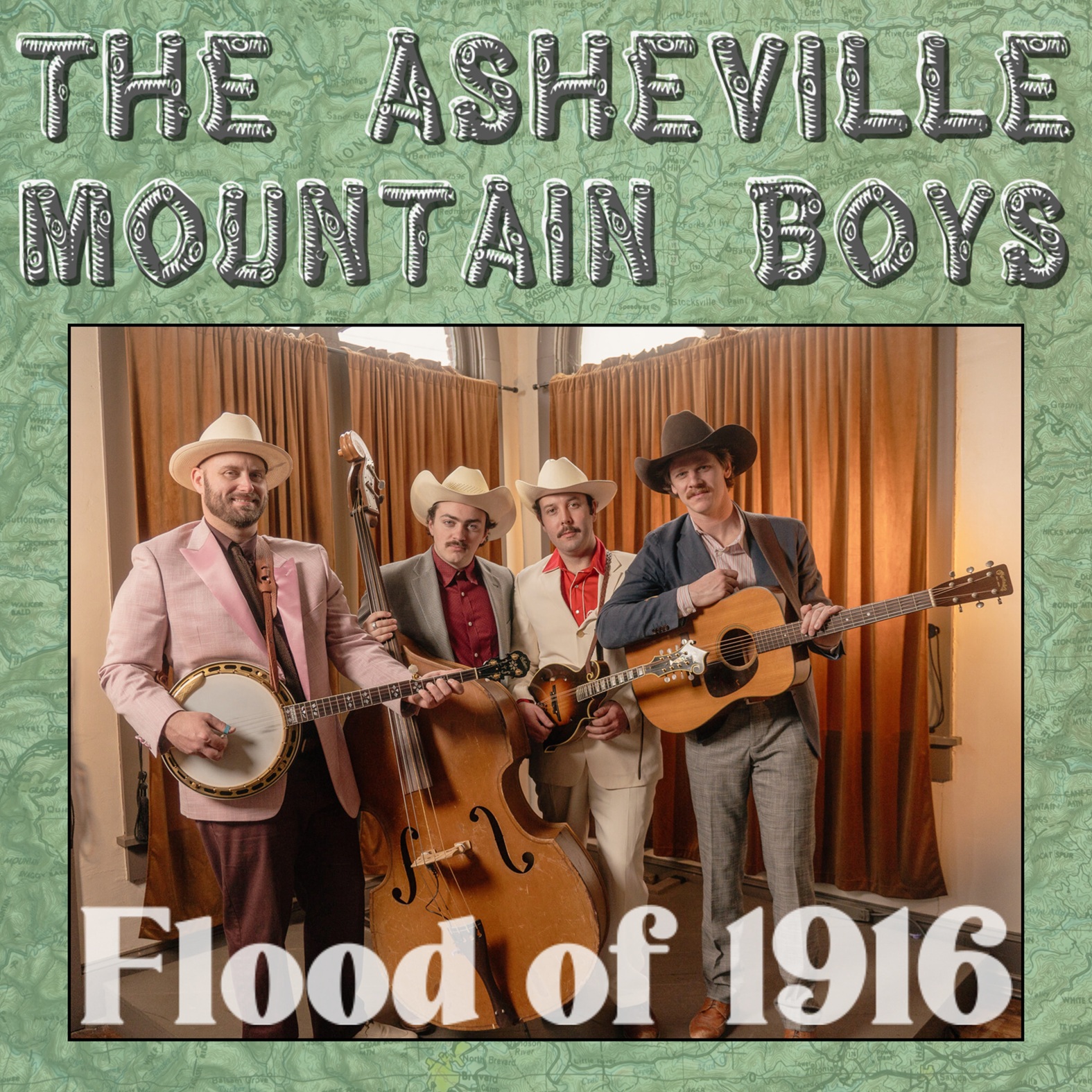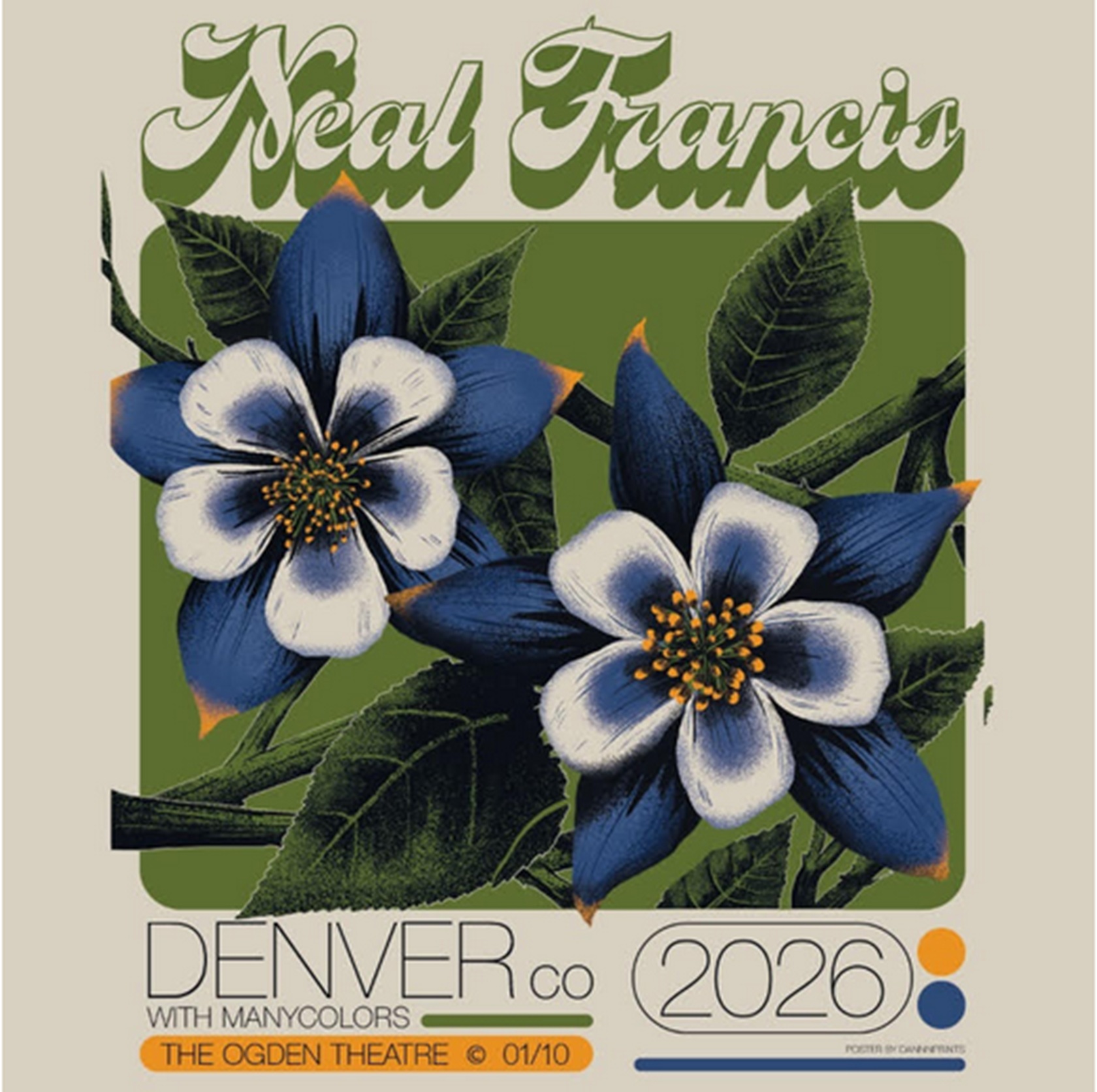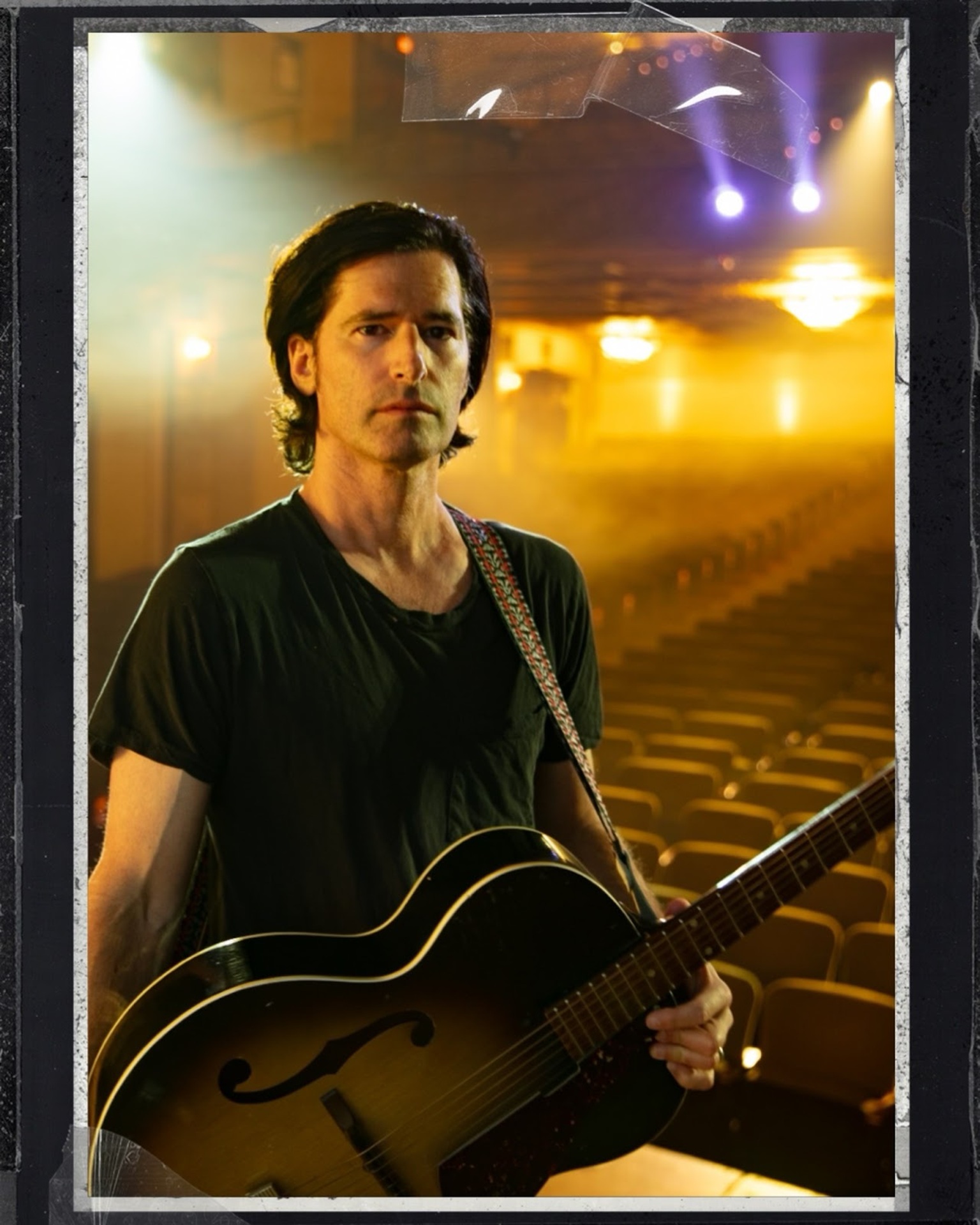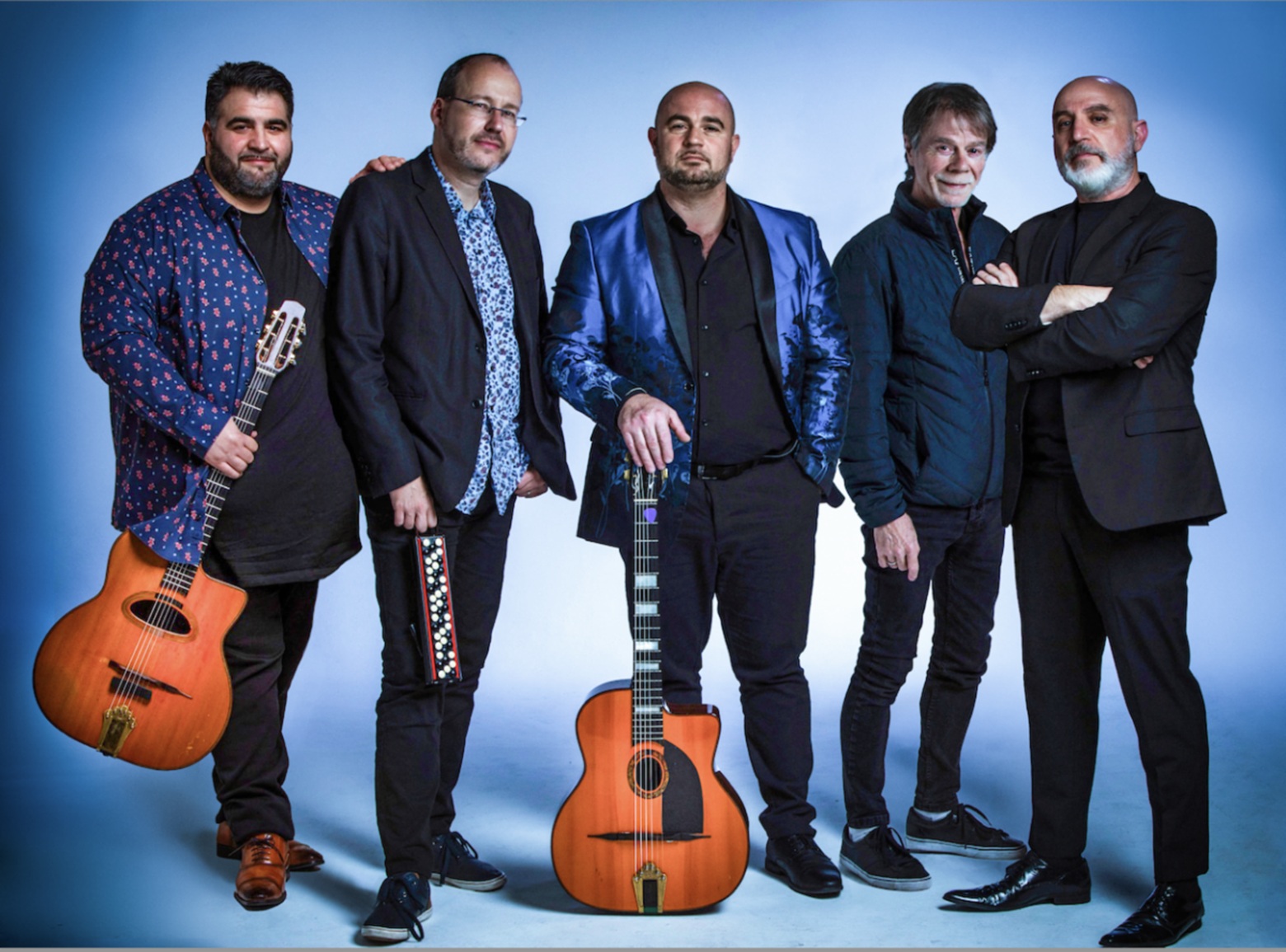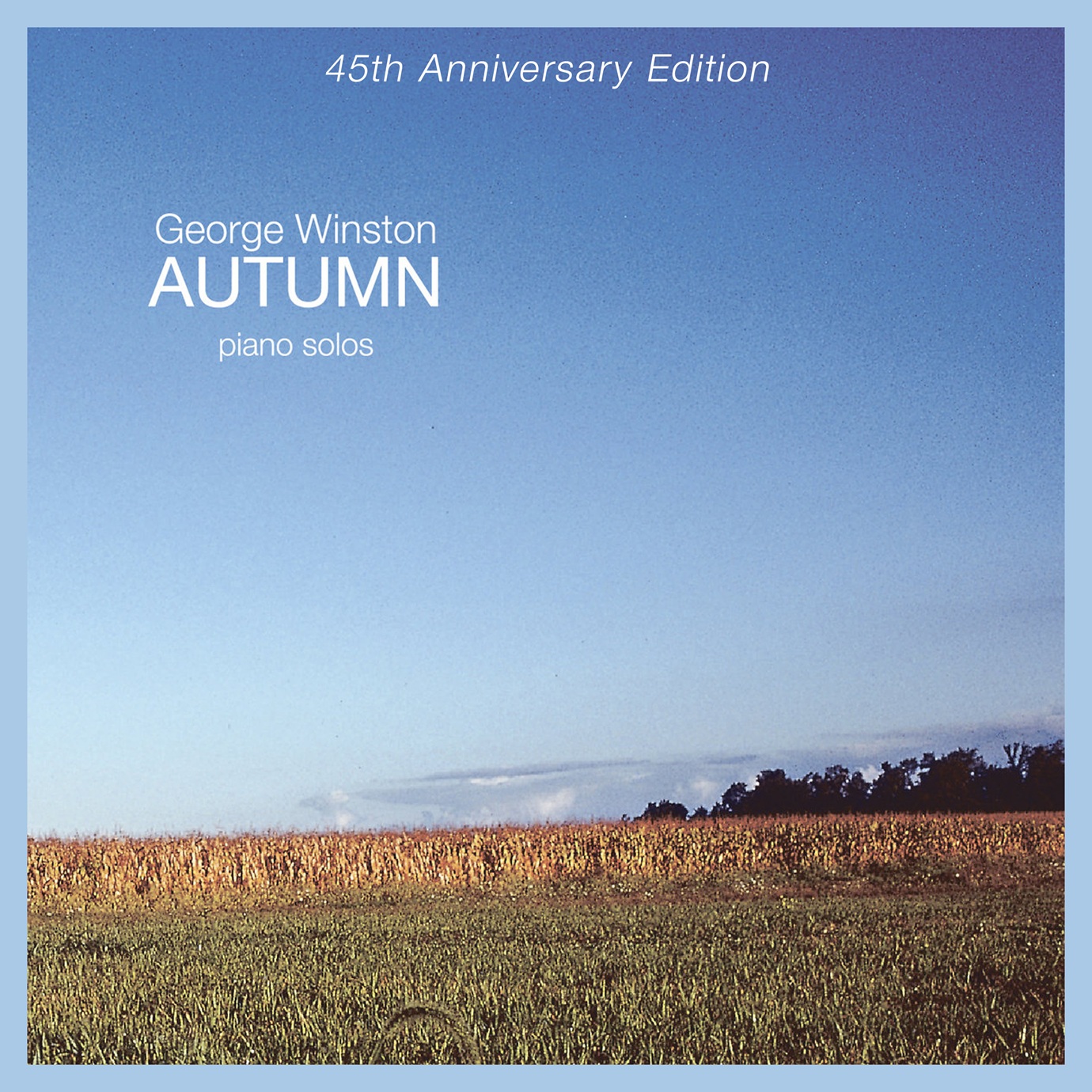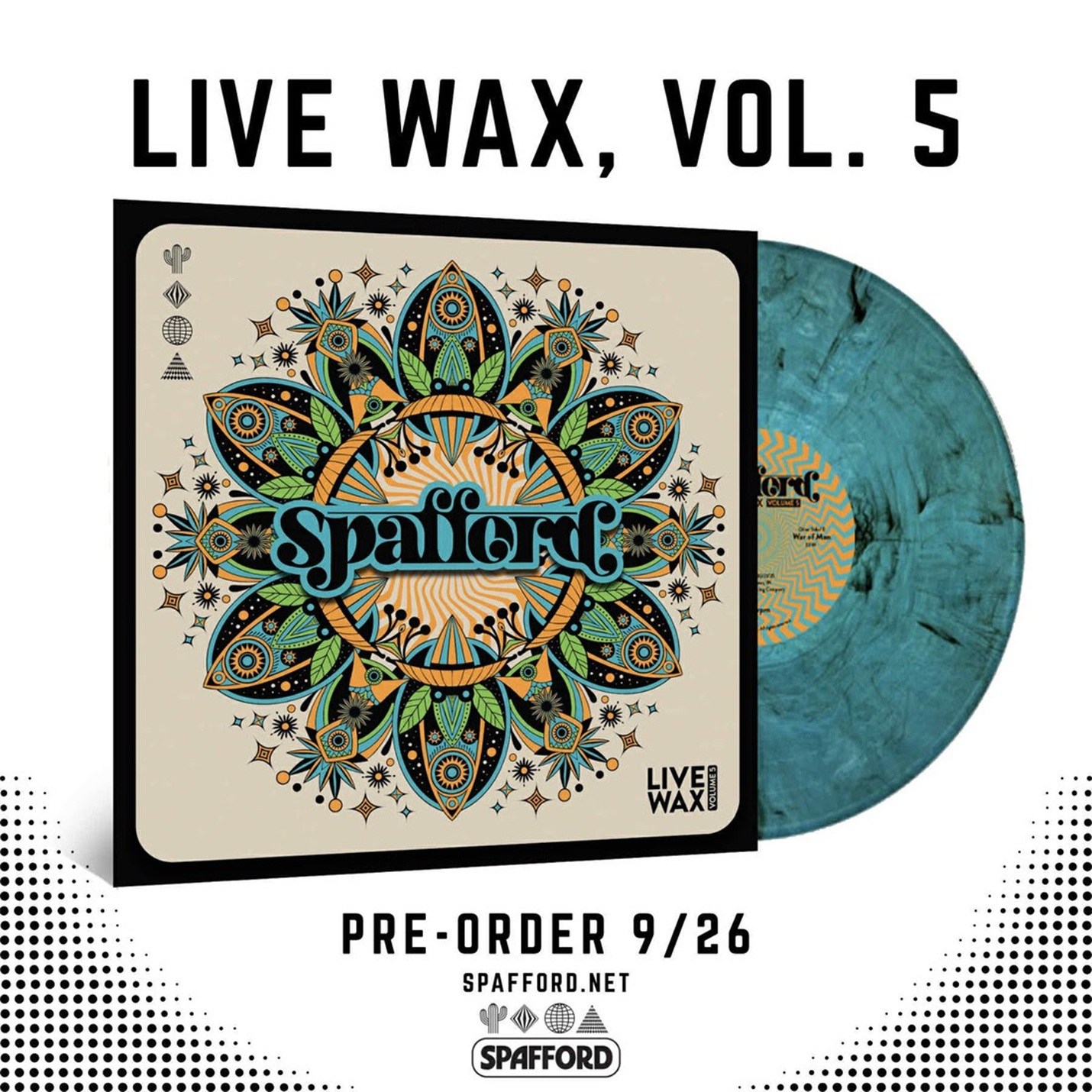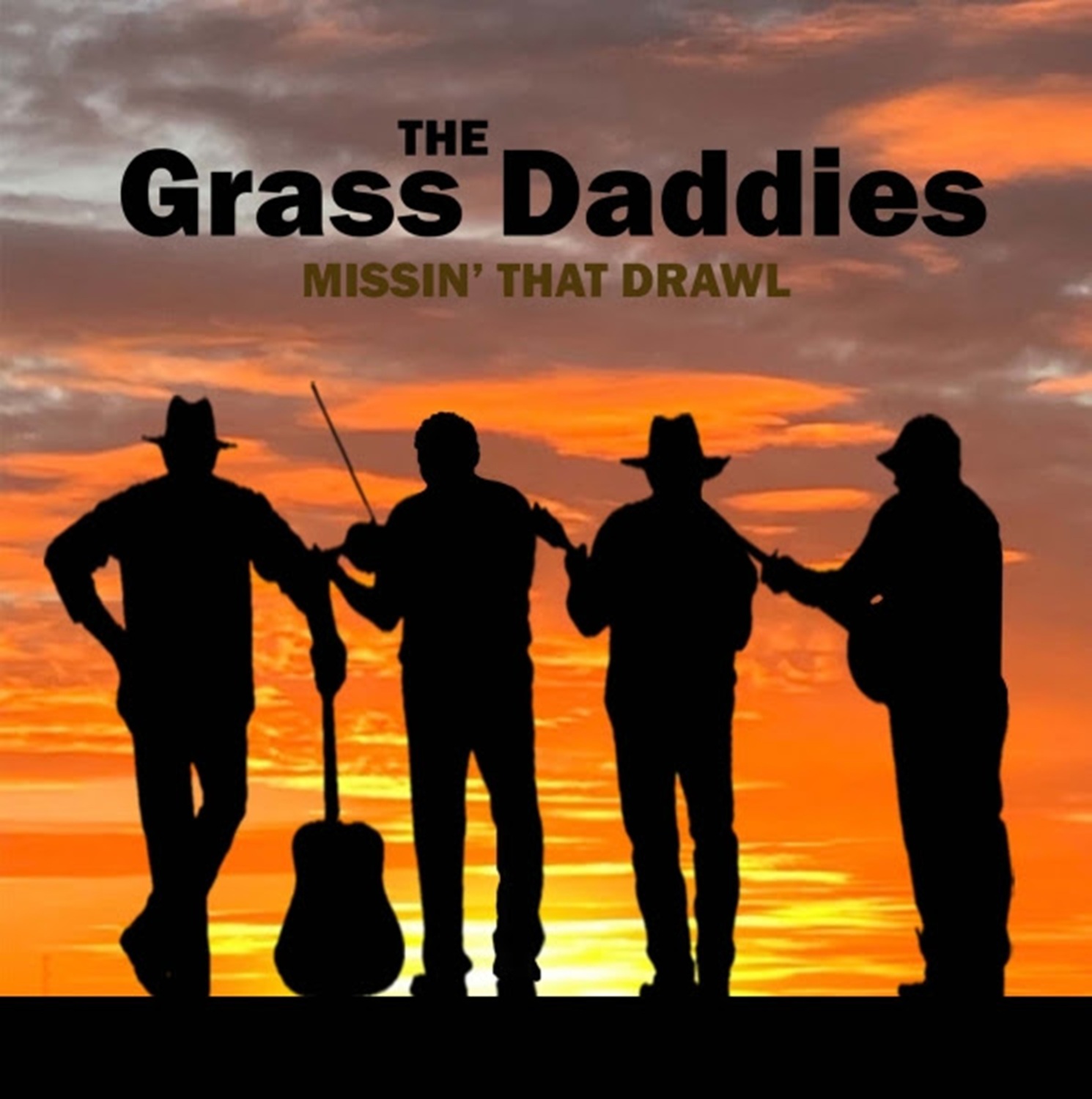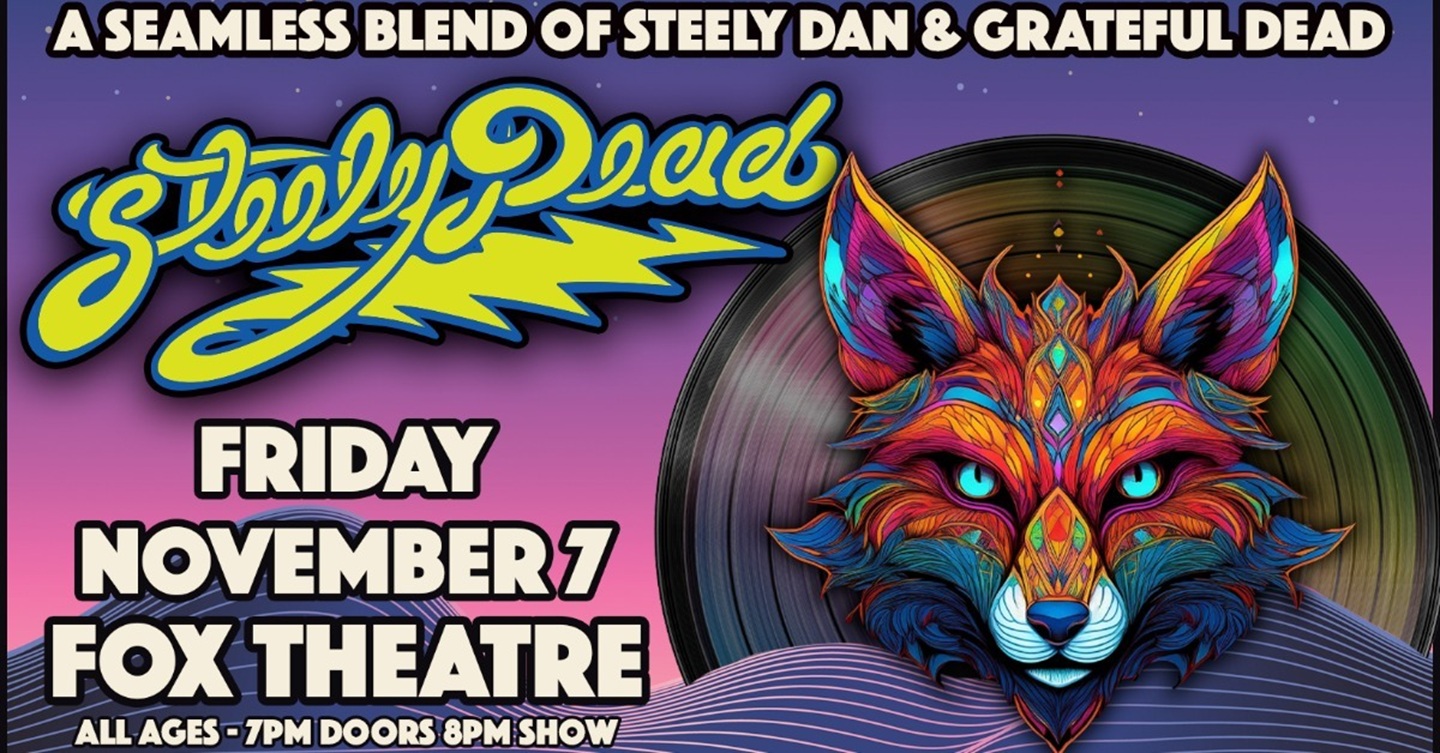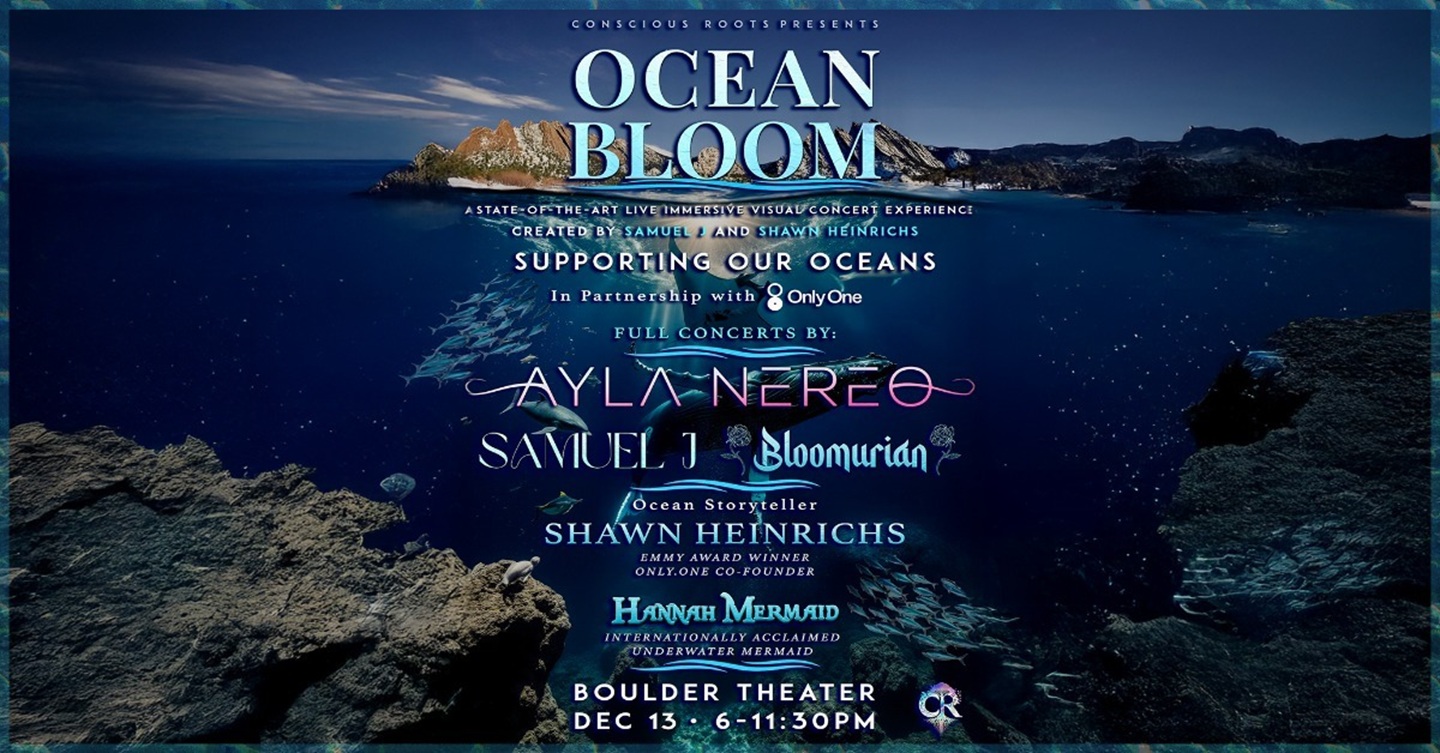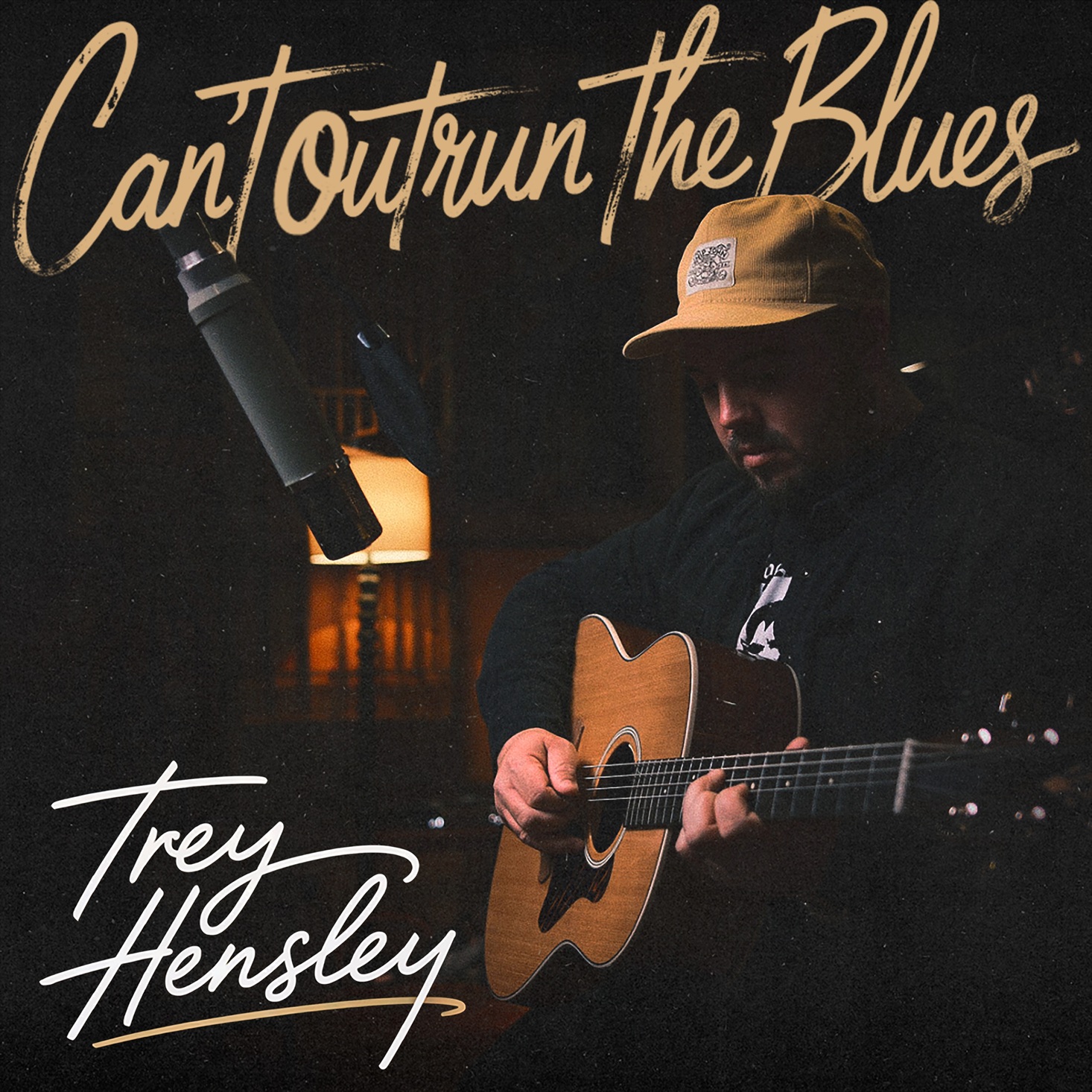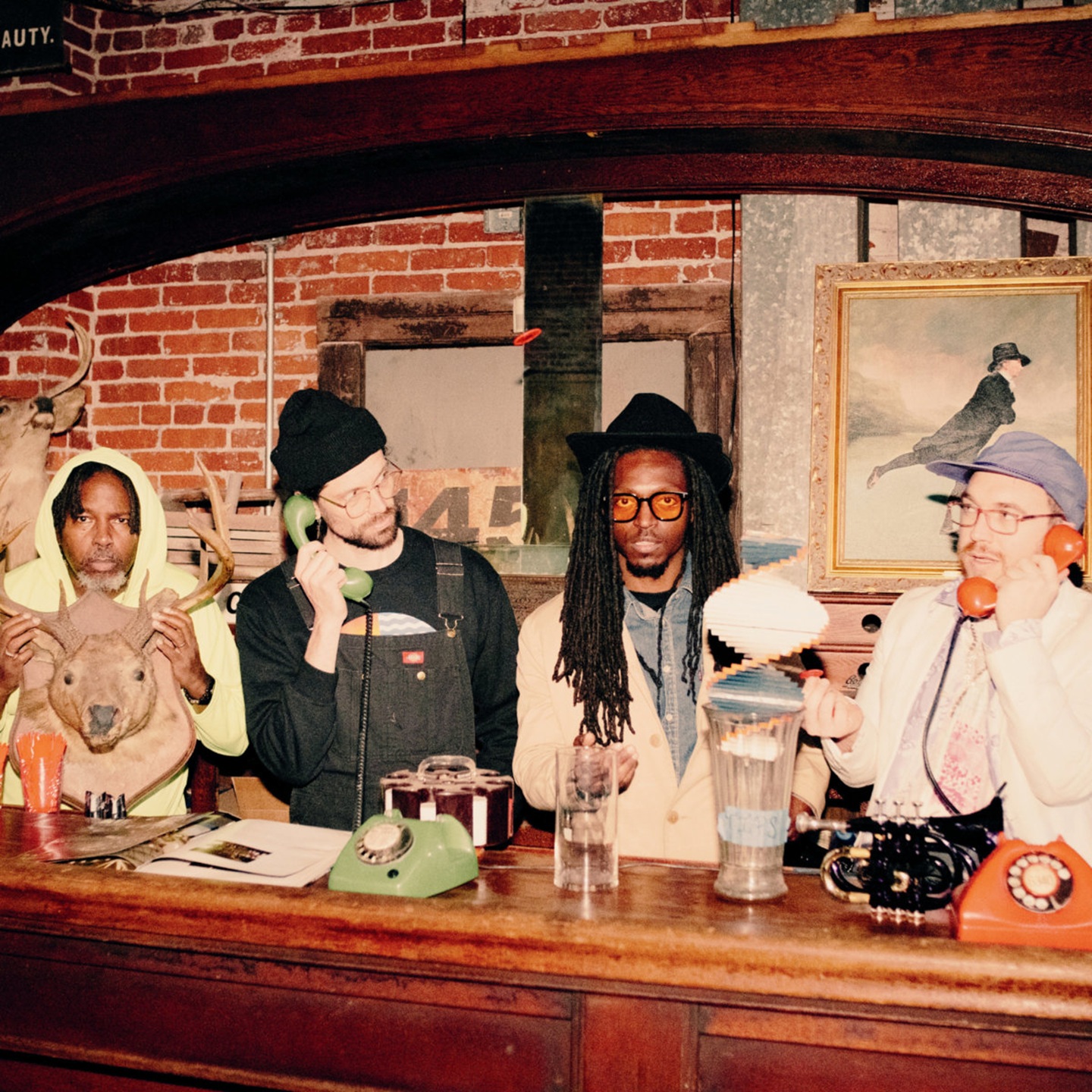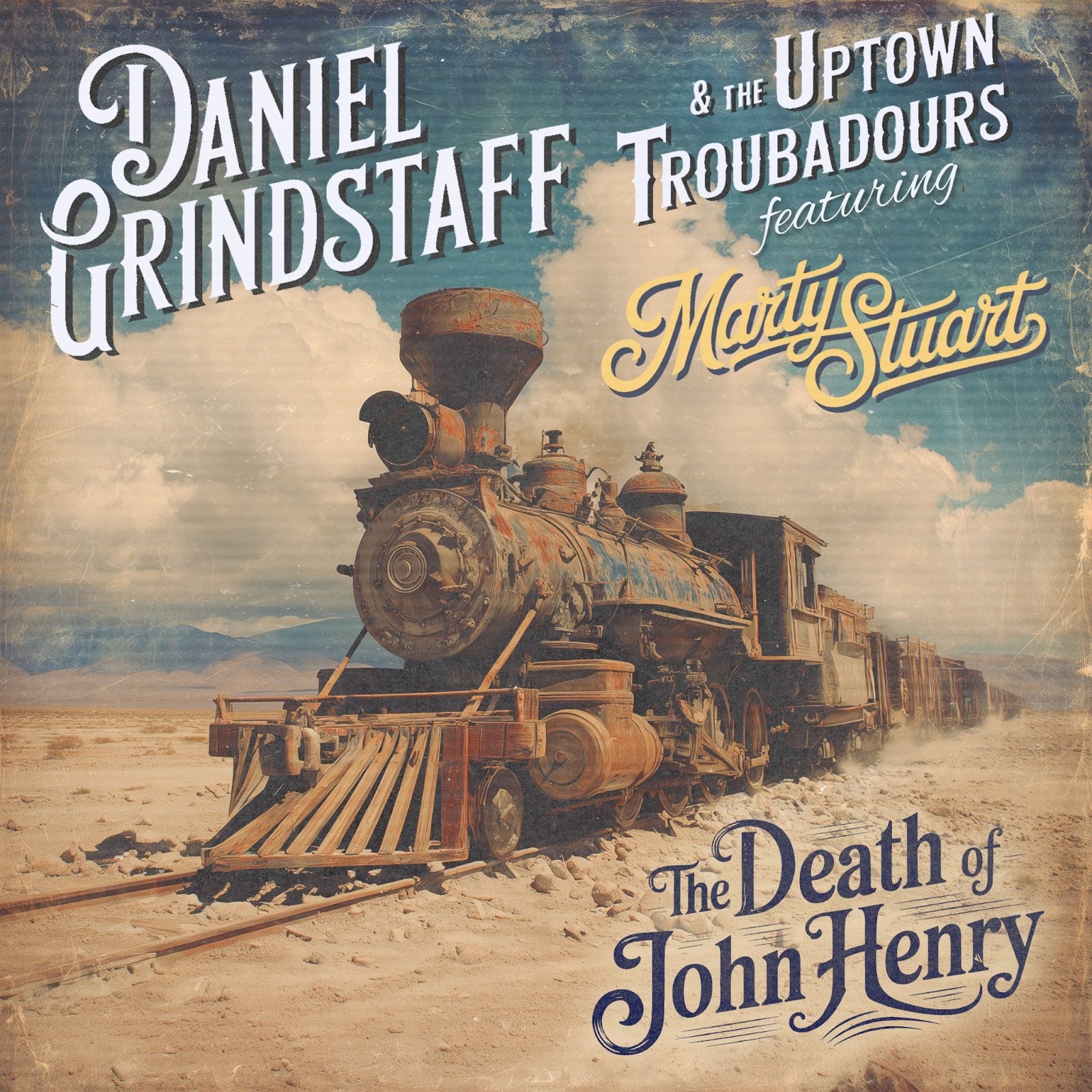Two relentless storms once drowned the French Broad and Swannanoa Rivers, transforming quiet valleys into raging torrents. Within hours, rivers leapt their banks and tore through homes and neighborhoods. This was not the flood of 2024 — but the devastating flood of 1916, a tragedy etched deep into Asheville’s history.
Now, The Asheville Mountain Boys bring that moment back to life with their new single, “Flood of 1916.” Written by mandolinist and lead vocalist Zeb Gambill, this original tune aims to remember, reckon, and restore — carrying forward the stories of survival, loss, and community that defined that July more than a century ago.
Bluegrass has long been a vessel for storytelling, balancing hardship with hope. It takes heartbreak, history, and hard times and frames them in a style that uplifts — sometimes danceable, often deeply cathartic. That tradition runs through “Flood of 1916,” blending the band’s driving traditional sound with lyrics recalling rising waters, devastation, and the tragic loss of the singer’s true love. In this way, the flood becomes the villain in a song about lost love.
“Flood of 1916 is a bluegrass song about the hurricane of 1916, which left a lasting mark on Western North Carolina. We wrote and recorded it to tell the story of the people who lived through it and preserve a piece of the region’s history. The song was completed just before Hurricane Helene struck in 2024, a stark reminder that history can repeat itself. We put it on hold in the aftermath, but we’re now ready to release this original song and share the story of a similar catastrophe from over a century ago,” says Gambill.
“Flood of 1916” releases Friday, October 3, and joins a run of singles The Asheville Mountain Boys have released this year, ranging from locally rooted stories to traditional bluegrass standards. By carrying forward old songs while adding their own, the band celebrates heritage and underscores the enduring spirit of their hometown.
The single will be available October 3 on all major streaming platforms and for bluegrass radio broadcasting.
The Band Embarks on Japan Tour
The Asheville Mountain Boys are also preparing for their first international tour: a 13-show run across 12 cities in Japan. Their journey ties into a long history of bluegrass exchange between the U.S. and Japan, dating back to the 1970s when pioneers like Bill Monroe, Ralph Stanley, and Japan’s Bluegrass 45 began crossing the Pacific. Those tours and recordings—official and bootleg alike—shaped the way bluegrass spread globally, and the Asheville Mountain Boys see themselves as part of that legacy.
This November, they’ll bring their traditional sound — tight harmonies, old-time fiddle tunes, honky-tonk numbers, and original songs rooted in early bluegrass — to Japan’s top bluegrass venues, including Tokyo’s Rocky Top, Moonstomp, and Liberty Bell. Unlike many modern acts that push toward jamgrass and fusion, the band is committed to keeping the traditional style alive, blending bluegrass with Appalachian old-time influences. Along the way, they’ll team up with Japanese musicians like 29 Strings, Sakura Kawakami & Bluegrass Phenomena, and Ren Ozaki, continuing the decades-long musical dialogue between the two countries.
About The Asheville Mountain Boys
By their name, you know where they’re from, and by their sound, you know what they’re about. The Asheville Mountain Boys are on a mission to capture not just the style but the spirit of traditional bluegrass.
Asheville, NC, has long been known for great music, and its roots in bluegrass go back to the founding of the genre. Bill Monroe’s first broadcast performance as the Bluegrass Boys was at Asheville radio station WWNC in 1938.
Firmly staking their claim to the tradition of the region’s music, The Asheville Mountain Boys spring onto the scene not with a complaint but with a question: “What happened to bluegrass?” The answer isn’t found in criticism of modern styles, but in reaffirming what drew people to the music in the first place — raw emotion, excitement, drive, and authenticity. Bluegrass, at its heart, is storytelling, reflecting the lives of those who play it.
The Asheville Mountain Boys are:
-
John Duncan – banjo, vocals
-
Zeb Gambill – mandolin, vocals
-
Jacob Brewer – bass, vocals
-
Marshal Brown – guitar, vocals
More at ashevillemountainboys.com.





